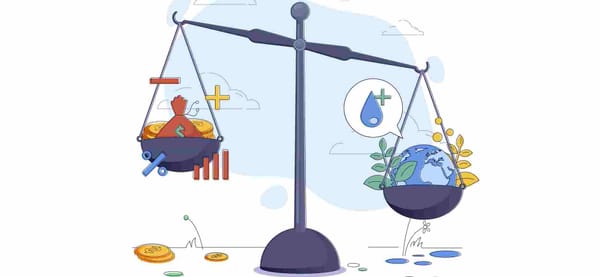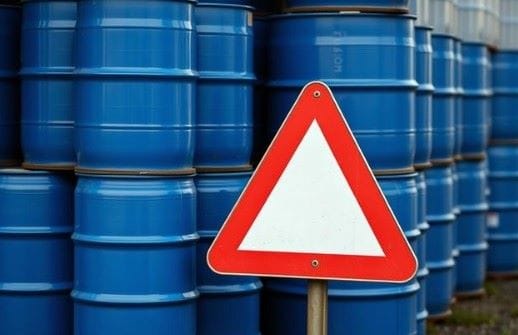
Electrifying Chemical Products for Sustainability and Profit
How chemical industry start-ups are exploiting the economic advantages of electrification.


How chemical industry start-ups are exploiting the economic advantages of electrification.

Who will benefit most from the new trade deal between India and the EU?

The UK CBAM represents a significant shift in the regulatory and trading landscape for chemicals.

How far will changes to America’s chemical industry regulation go?

How will chemical and raw material sourcing be impacted now that tighter EU environmental rules have been enforced?

The 4 biggest raw material sourcing risks and how chemical buyers can stay competitive.

How the power of information can result in chemical industry profit.

How raw material prices, manufacturing trends, global politics, and regional policy will impact the same industry differently on both sides of the pond.

How shopping for Christmas presents and sourcing industrial feedstocks and chemicals is actually the same challenge.

Why industrial chemical traders should expect a reshaped, not a vanishing “forever chemicals” market.

As the cost–benefit equation shifts, can there still be value in producing and trading “forever chemicals”?

Will new safety limits on cobalt processing further undermine Europe’s chemical industry?